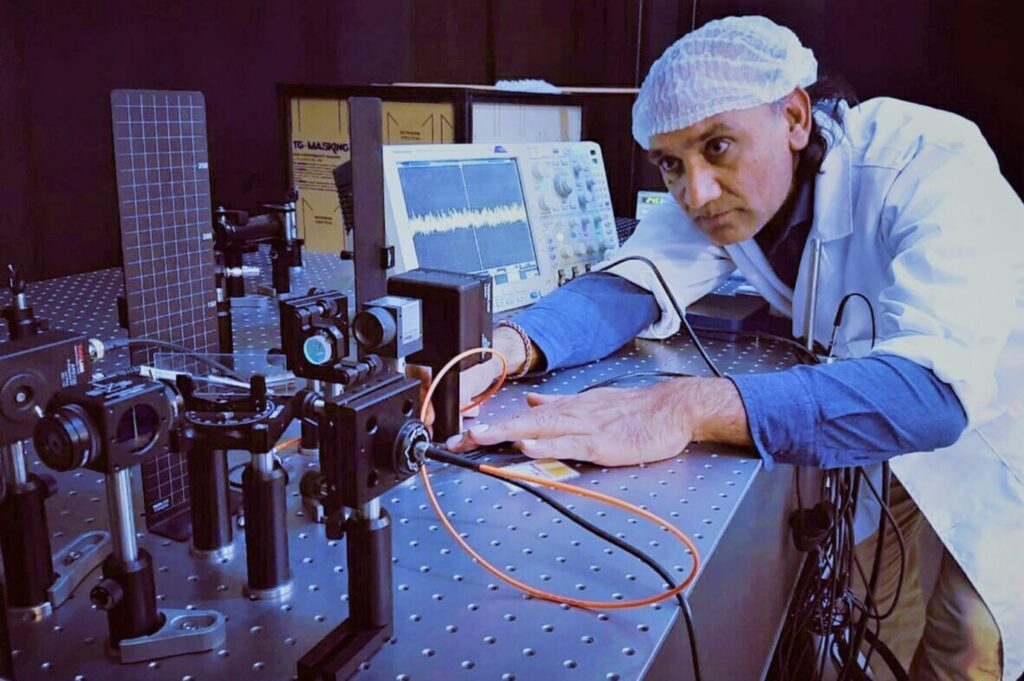Rigetti Computing has undoubtedly been a leader in the quantum computing industry, especially in developing superconducting quantum systems, since its founding 2013 by former IBM researcher Chad Rigetti.
At the CodexTalks in London, Dr. Subodh Kulkarni, President and CEO of Rigetti, gave an interesting keynote speech titled “How should we embrace the quantum society?” His address threw light on the potential of quantum computing and the way forward where difficult problems seem — at least on the outset — solvable.
Kulkarni described a “Quantum society where we harness the power of quantum technologies to do things that are not practically possible today.”
He stressed the unique capabilities of quantum computers.
“We can have multiple qubits that entangle, and then we have different multiple states all at the same time, so we are no longer constrained with the classic digital world where we just have zeros and ones,” he said.

Rigetti’s approach to quantum computing is grounded in the pursuit of practical applications. As Kulkarni explained: “We are not talking 10% or 20% — we’re talking million or billion times better, faster computers at the same time, and that doesn’t get talked much: they will be consuming a million or billion times less energy.”
While current quantum computers are still in the “noisy intermediate-scale Quantum Computing” (NISQ) era, with limited qubit counts and fidelity, Kulkarni outlined the path toward fault-tolerant quantum computing.
“In about a decade or so, we see what we call fault-tolerant Quantum Computing, where we will have hundreds of thousands of qubits, maybe a million qubits at 99.9% or so fidelity, and that’s where the real power of quantum computing will be harnessed,” said Kulkarni.
Kulkarni’s brave prediction for the future brings together quantum computing and neuroscience, drawing parallels between the human brain and quantum computers.
“Nature has given us a perfect quantum computer, and that’s the human brain,” he said. “Our job really is to try to build something that gets close to it.” This suggests that breakthroughs in these fields may cross-pollinate in the next five to ten years.
Rigetti’s approach to nurturing an open and collaborative ecosystem is also noteworthy. Kulkarni made a point regarding the importance of enabling outside innovation, saying: “We are working with partners like Riverlane in Cambridge and Q-CTRL in Australia, and we are allowing them to innovate using our fundamental technology. We think that’s the right way to enable a Quantum ecosystem and that will foster innovation at a faster rate.”
As the world eagerly awaits fault-tolerant quantum computing, Rigetti leads the charge toward a truly quantum future. With a strong focus on innovation, collaboration, and practical applications, the company is set to unlock groundbreaking computational capabilities, transforming industries and driving scientific breakthroughs.


















